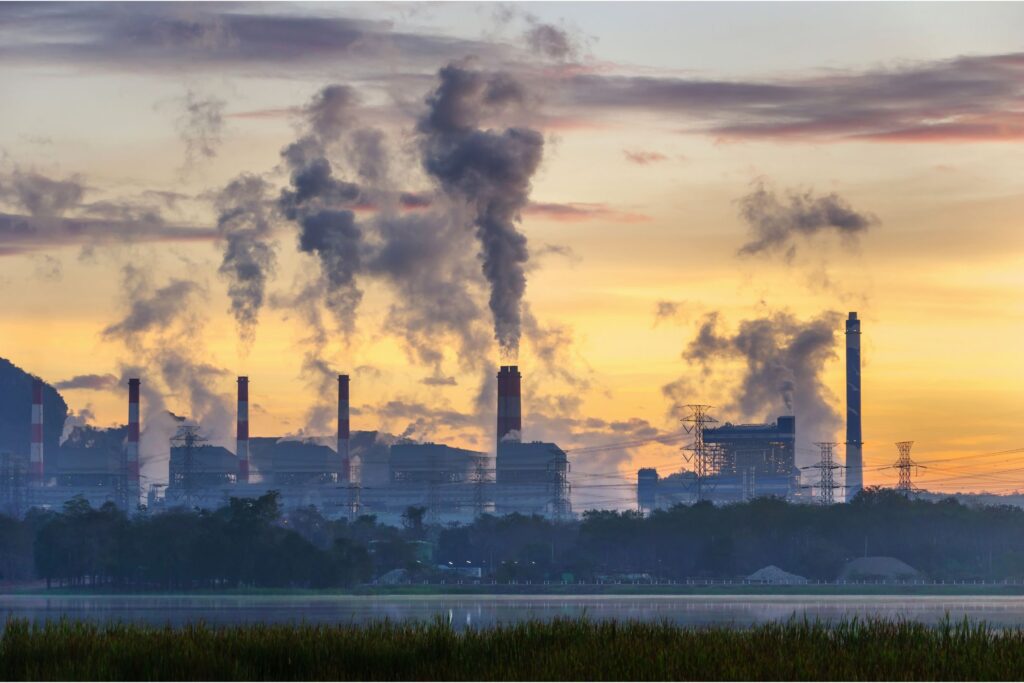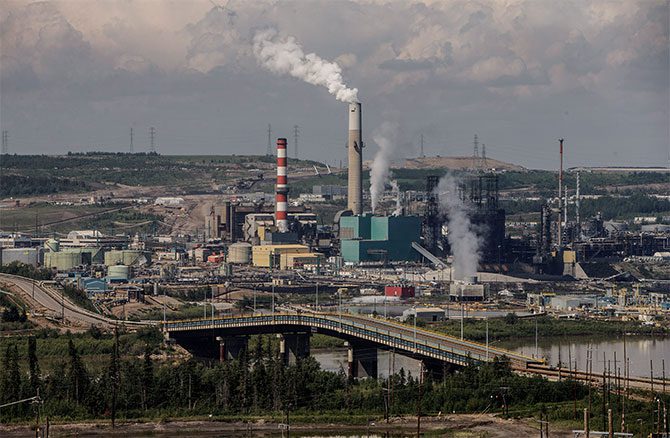Dubai, UAE – The final outcome from COP28, dubbed the UAE Consensus, was adopted this morning. The final text calls on countries to “transition away from fossil fuels in energy systems, in a just, orderly and equitable manner, accelerating action in this critical decade” and to “tripling renewable energy capacity globally and double the global average of annual rate of energy efficiency improvements by 2030.”
The COP28 outcome sends an important signal about the future of fossil fuels. After 30 years of international negotiations failing to mention the root cause of the climate crisis, the acknowledgement that we must phase out all fossil fuels in order to effectively tackle the climate crisis is both long overdue and extremely significant.
However, civil society came to Dubai with a unified ask: a fast, fair, full and funded phase out of all fossil fuels. The COP outcome doesn’t match the level of ambition demanded by the climate movement, by climate vulnerable countries or by science. Nor does it reflect the calls from over 127 countries who were also pushing for a fossil fuel phase-out. The Alliance of Small Islands States put it plainly: “It is not enough to reference the science and then fail to take the action that science would require us to take.”
Furthermore, the outcome of COP28 falls short on equity on two important fronts. Developed and developing countries cannot be expected to move at the same pace and scale when it comes to transitioning their economy off of fossil fuels. Wealthy countries like Canada and the United States, who have long benefitted from an oil and gas sector and are less reliant on the sector today, must move first and fastest on phasing out fossil fuels, with progress made this decade. Furthermore, developing countries have been clear on their needs: financial support to address mitigation, adaptation and loss and damage. On both fronts, Canada and other Global North countries have failed the global community.
The influence that oil and gas industry representatives, present in record numbers, had on negotiations at COP28 is evident; this is a major conflict of interest. There are dangerous loopholes in this final text – including for carbon capture, hydrogen, petrochemicals and transition fuels – that risk undermining the important progress that has been made. These dangerous distractions only serve the short-term interests of oil and gas companies, they do not align with climate science. The UNFCCC must adopt a conflict of interest policy.
Quotes:
Julia Levin, Associate Director, National Climate
“For the first time ever, countries around the world have collectively agreed on the need to leave oil, gas and coal in the ground and massively accelerate the build out of renewable energy and energy savings – this decade. There can be no mistake: the era of fossil fuels is quickly coming to an end.
Wealthy countries like Canada and the United States – who have an overwhelming responsibility to phase out fossil fuels first and fastest – have failed the global community by refusing to provide the financial support needed from developing countries in order to transition their economies away from fossil fuels, adapt to the impacts of the climate crisis and address the losses and damages being experienced. Rebuilding trust will require wealthy countries to start paying up so that no one is left behind.
Furthermore, the hypocrisy on display from Canada and other countries must end. Canada and just four other countries are responsible for over half of the planned expansion of oil and gas production. Allowing that expansion to go ahead is a death sentence for millions around the world.
The record number of fossil fuel lobbyists at COP28 was a desperate attempt of a sunsetting industry to once again sabotage climate progress. Although they were not successful, their fingerprints are very clear. The outcome includes too many loopholes for dangerous distractions, like petrochemicals and carbon capture. These are not climate solutions, they are licenses to pollute and must be challenged.
The momentum behind a fair, fast, full and funded fossil fuel phase – which is being led by climate vulnerable nations, frontline and Indigenous leaders and the climate movement – is unstoppable. We will bring this momentum back to Canada, where political leaders are still failing to have the same honest conversations about the need to phase out fossil fuels.”
Aliénor Rougeot, Program Manager, Climate and Energy, Environmental Defence Canada
“Ensuring a just transition is non-negotiable if we are to phase out fossil fuels and build a clean economy at the pace and scale required to avoid the worst of the climate crisis. Countries must prioritize the well-being of workers and communities impacted by the transition, from those economically reliant on polluting sectors to those whose communities and homes are impacted by industrial projects.
That is why we welcome the creation of a Just Transition Work Program (JTWP) at COP28, which creates a dedicated space for countries to support one another in tackling the challenge. The program rightfully affirms the importance of human, Indigenous and labour rights in the transition, as well as the need for both unique domestic transition plans and international cooperation. Countries however failed to make this program a space for decision-making, instead choosing to set up another talk shop. This shortcoming will adversely impact the workers, Indigenous nations, local governments and communities who need tangible support, not more promises.”
Julie Segal, Senior Manager, Climate Finance, Environmental Defence Canada
“To deliver on the trajectory of action needed, wealthy countries like Canada need to fund a global transition off fossil fuels, support communities who are affected by climate-related loss and damages, and provide money for vulnerable countries to build their resilience through adaptation. While we have to reduce emissions by nearly 50 per cent during this decade to keep the planet livable, we are on track to reduce them by only 5 per cent. This COP started with a historic launch of a fund for climate-related loss and damages, but the sums remain too small. The current paradigm is simple: whether wealthy countries provide financing to vulnerable ones will make or break global climate action.”
ABOUT ENVIRONMENTAL DEFENCE (environmentaldefence.ca): Environmental Defence is a leading Canadian environmental advocacy organization that works with government, industry and individuals to defend clean water, a safe climate and healthy communities.
– 30 –
For more information or to request an interview, please contact:
Alex Ross, Environmental Defence, media@environmentaldefence.ca






